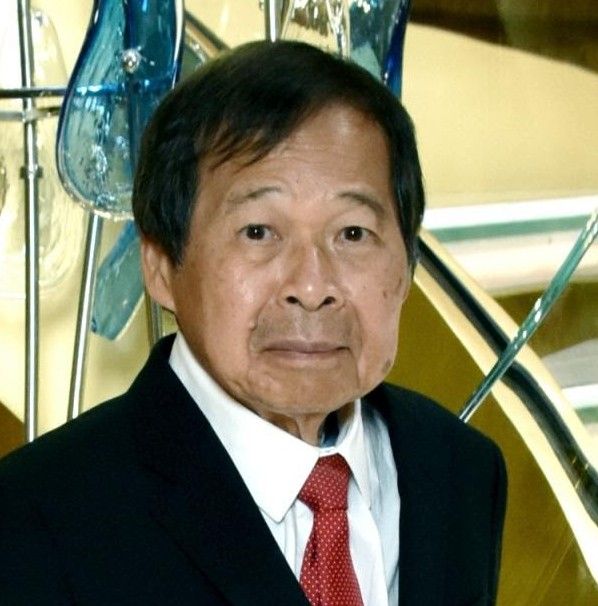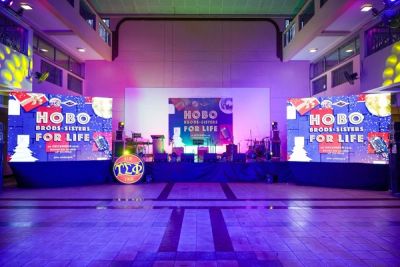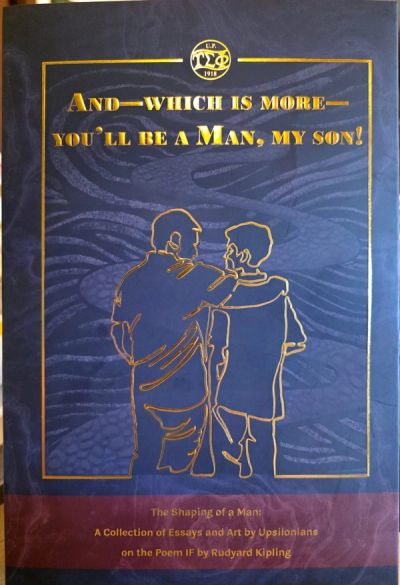Opinion
Deconstructing Freedom by Alfie Kwong '67
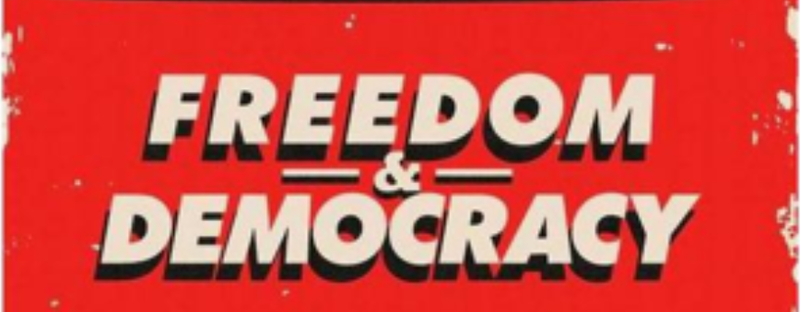
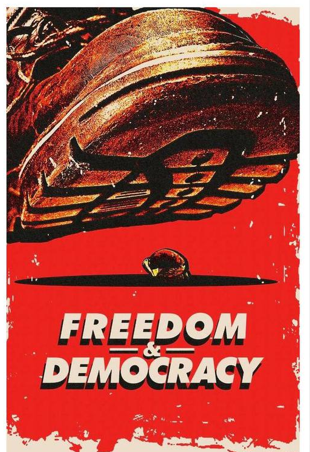
Deconstructing Freedom
Alfie Kwong '67
I have no doubt all of Canada heard the loud sigh of relief from the Ottawa downtown residents when the last of the protest trucks cleared the streets. I tip my hat off to these residents who had endured more than two weeks of honking, all day noises, and cat calls from a ragtag army of “Freedom” occupiers. Of course, it took the full force of a government “Emergencies” Act (invoked in a near-war situation by our reluctant Prime Minister – perhaps after sensing the inadequacy of the Ottawa local police to manage the situation). This “revolutionary” movement it seems became an exportable phenomenon as it replicated along the busy thorough fares of Washington D.C. and Paris.
Just a gist of what this “Freedom” convoy is about. (Info taken from Fortune, Feb. 16 2022, Y Lau). It started when a group of truckers drove from Canada's west coast to Ottawa to protest COVID-19 vaccine mandates for truckers. Canadians fed up with pandemic restrictions—some claiming the mandates cost them their jobs and affected their families— soon joined the movement (a mix of evangelical Christians, anti-mask mums, vaccine sceptics and local residents who are tired of lockdowns and vaccine passports). It didn’t take long for the protest to descend into chaos and rage. Truckers blockaded bridges and border crossings, at a cost of half a billion dollars in daily trade with the U.S. Protestors also paralyzed Ottawa, causing the mayor to declare a state of emergency. The movement has also evolved into a broader, anti-government and anti-Trudeau revolt, with many protestors calling for continued demonstrations until the prime minister steps down. The blockades inflicted a steep economic toll on the country, costing roughly $500 million daily in lost trade, according to Canada's minister of finance Chrystia Freeland. The protests have shown that disruptive strategies can gain "an incredible amount of political and media attention," says Paul Saurette, a political science professor at the University of Ottawa. The convoy has divided Canadians, creating a wound in Canadian identity that will have long-term repercussions, says commentator Peter Hofmann of Global News. For me, the alarming note is from the Washington Post editorial, not all the truckers and their backers are ideological extremists or conspiracy fantasists —though some are, including apparent white nationalists who have borne Nazi and Confederate images into Ottawa’s staid streets. But their means of pursuing a motley array of goals are extreme and tinged by menace.
At the height of this turmoil, it made me recall the challenging book review I wrote in my fourth-year high school on The Brothers Karamazov by Fyodor Dostoevsky (see “High School Blues,” February Atin Ito). Specifically. I see the parallels in "The Grand Inquisitor" a story within the novel (called a poem by the character Ivan, but not in verse). The Inquisitor alleges that Jesus rejected the three temptations in favor of freedom, and that Jesus has misjudged human nature. He believes the vast majority of humanity cannot handle the freedom that Jesus has given to them - Jesus, in giving humans freedom to choose, has excluded the majority of humanity from redemption and doomed it to suffer. “Nothing has ever been more insupportable for a man and a human society than freedom,” Ivan restates the Grand Inquisitor's belief that man is made terribly unhappy by the burden of free will. Thus, the Grand Inquisitor seeks to set up a society with a strong authority (like himself) that tells men what to do (Totalitarianism, maybe?). This type of society is based on the Grand Inquisitor's belief that men are essentially "rebels": they use their free will only to defy authority, as opposed to any greater aim – since man can't stand having free will because the burden of choice – and the responsibility that comes with choice – is just too much.
And now watching the unfolding and progression of violence and a total misunderstanding of Freedom, the Grand Inquisitor’s arguments (bottom-line, ultimate freedom only leads to chaos in society) seem prescient, the cynical side of me claims. Yet, this is only half the argument, and a better anti-thesis is before us.
Gary Saul Morson said this in his piece, Fyodor Dostoevsky: philosopher of freedom (Jan. 2021 – The New Criterion), “Dostoevsky understood not only our need for freedom but also our desire to rid ourselves of it. Freedom comes with a terrible cost, and social movements that promise to relieve us of it will always command a following.” He adds further –
"Unlike most atheists and agnostics—in fact, unlike most devout believers—Dostoevsky grasps that God is the source of human freedom, not the obstacle to it. God’s love, as Thomas Aquinas argues, is what allows us to be ourselves, as the care of a wise parent allows us to flourish as autonomous beings. Paradoxically, it is our dependence on God which liberates us. Dostoevsky has no patience for the lurid adolescent fantasy of God as a Big Daddy who is out to spoil our secret pleasures, a kind of celestial bully or Bill O’Reilly in the sky. We have good psychological reasons for cherishing that fantasy, chronic masochists that we are. Freud knew well the gratification we reap from the pummeling that our merciless, vindictive superego doles out to us. It is just that we have to unlearn this infantile view of God and come to see him as friend, lover, fellow sufferer, and counsel for the defense. And this we are notably reluctant to do. It is far more convenient to view him as an irascible old bastard who, like some pampered rock star, needs to be endlessly placated and cajoled. That way we can enjoy the Oedipal delights of rebelling against him. (Freedom by Necessity, Lapham’s Quarterly, Terry Eagleton). Freedom, too, has two faces. It is both gift and curse, poison and cure, self-achievement and self-undoing. "
I believe that true freedom comes with the burden of responsibility – for our choices and actions, for the creation of meaning, for our defining ‘right and wrong’ and for our being our own moral compass. True freedom also involves seeing ourselves and the world for what it is – a world without the distracting illusions that shield our eyes from our uniquely human existential discomforts. Too much freedom comes at a heavy price. In practice it would seem that we would prefer to live as slaves – either to religious ideology or some illusionary system of ideas. In the words of Rousseau: “Man was born free, and he is everywhere in chains.” (Modern Psychologist, Brad Peters, Doestoevsky and the Burden of Freedom)
According to Christian doctrine, the Son of God has come to make man free. Just as God bestows on man the freedom of being in the physical dimension, so He bestows on man the freedom of being in the spiritual dimension. This latter is the “liberty of the children of God”, for man is constituted in Christ, by grace through faith, to be a child of God, and derives his being from Him. Like Father, like son. (The Brothers Karamazov, The Nature of Freedom, Nemo’s Library, a Blog). I share in this belief.
Three score years ago, Dr. Martin Luther King, Jr. taught us the true meaning of the word freedom, leaving an indelible mark on America. During the Civil Rights Movement, King preached that nonviolence and civil disobedience are the only way to fight for freedom, successfully leading Blacks in their quest for the “unalienable rights” promised by our Founding Fathers. “We must forever conduct our struggle on the high plane of dignity and discipline,” he urged. Less than three weeks ago, the Black community of Ferguson, Missouri exploded in anger at the perceived inequities of their treatment by the criminal justice system. This violent outburst highlights the relevance of King’s thoughts on freedom and tactics. As tension has increased in recent months, we must recall the value of King’s nonviolent philosophy. (R. Layne Stanford Freedom Project, Fall 2015)
King had a dream of the essence of freedom that he shared with the world at the Lincoln Memorial on August 28, 1963. According to King’s argument, safeguarding freedom requires that we live up to the promises made in the Declaration of Independence. Segregation is not consistent with freedom because segregation is a barrier to education and thus to man’s pursuit of “liberty” and “happiness.” Freedom is brotherhood, peace, and racial harmony. Freedom is being judged not “by the color of [one’s] skin but by the content of [one’s] character” (King, “I Have a Dream” 57). To King, freedom is equality.
True freedom consists in love, for God is Love, and the inability to love is Hell. Finally, true freedom is tempered with self-control and restraint.
Editor's note: This article first appeared on Atin Ito - a Filipino community newspaper in Canada - on March 2022.
About the Author:
